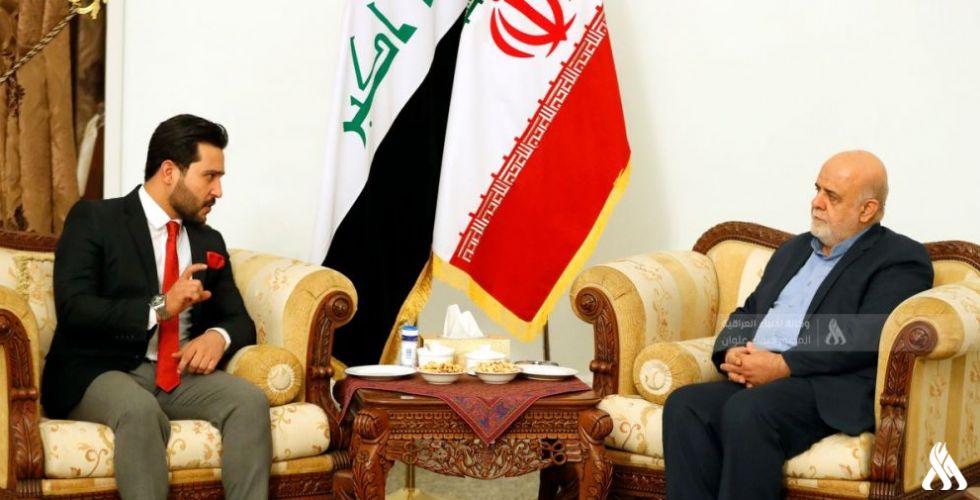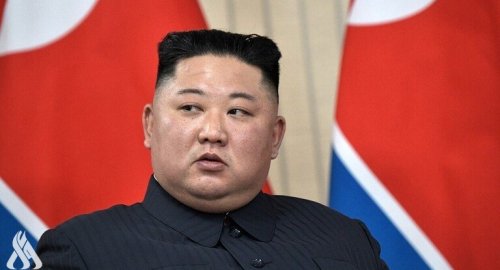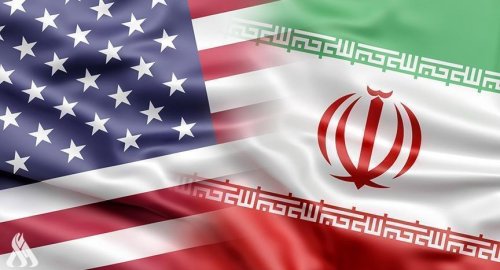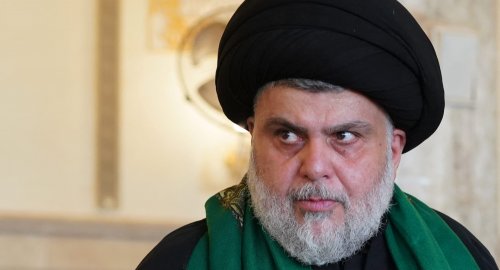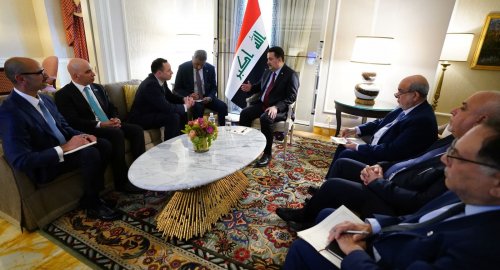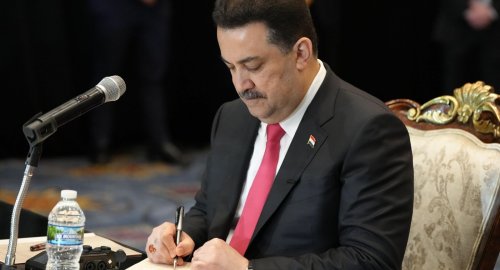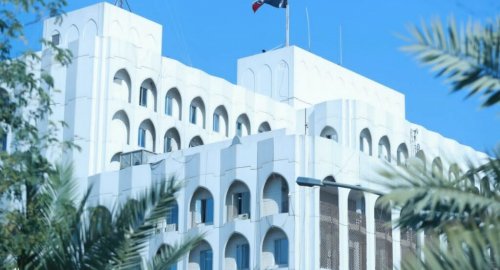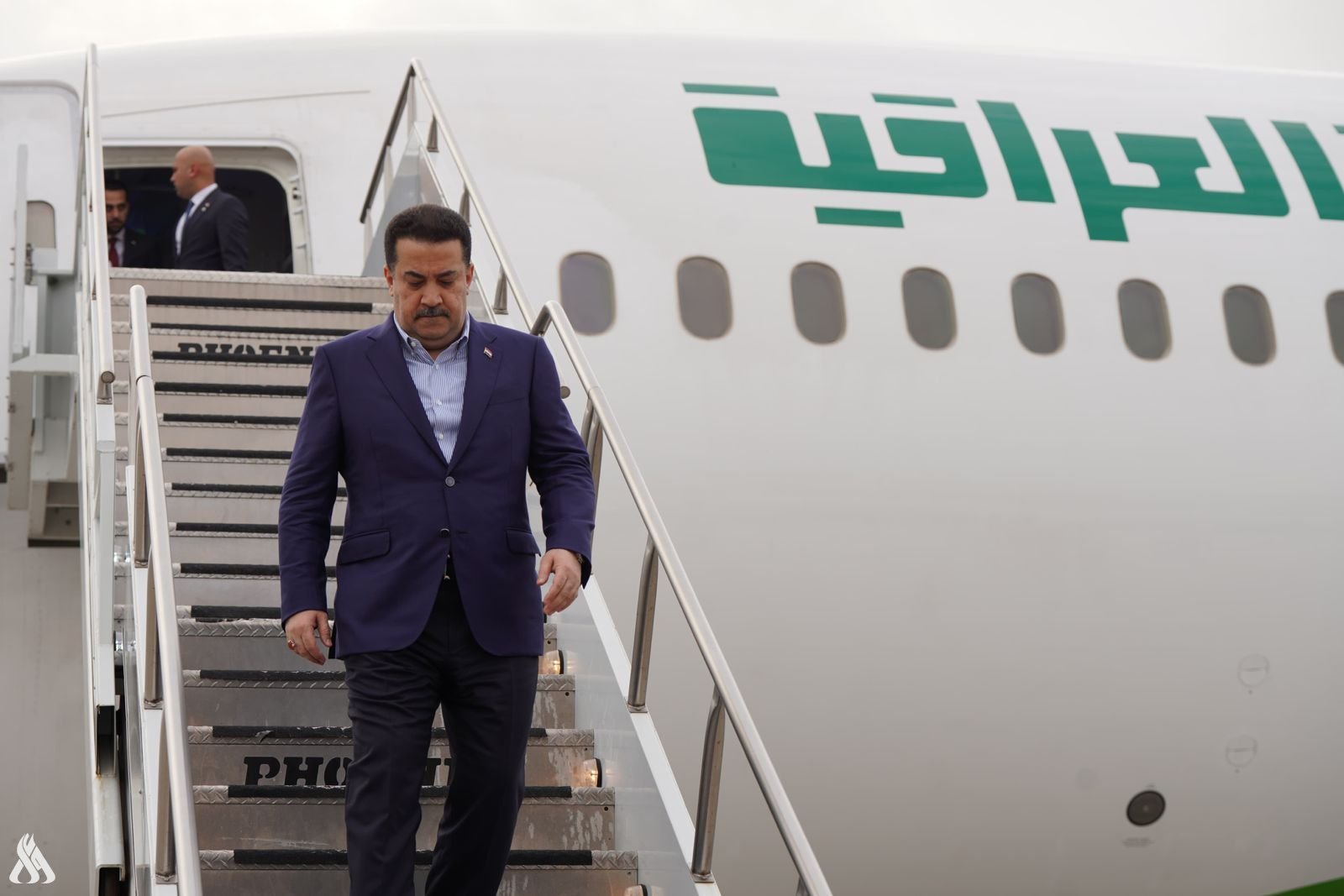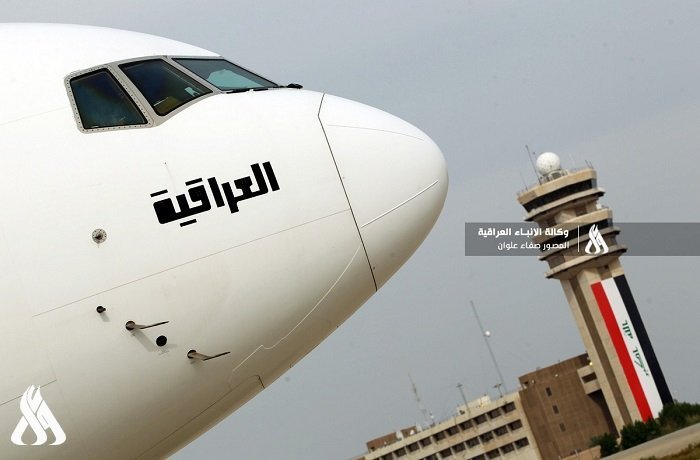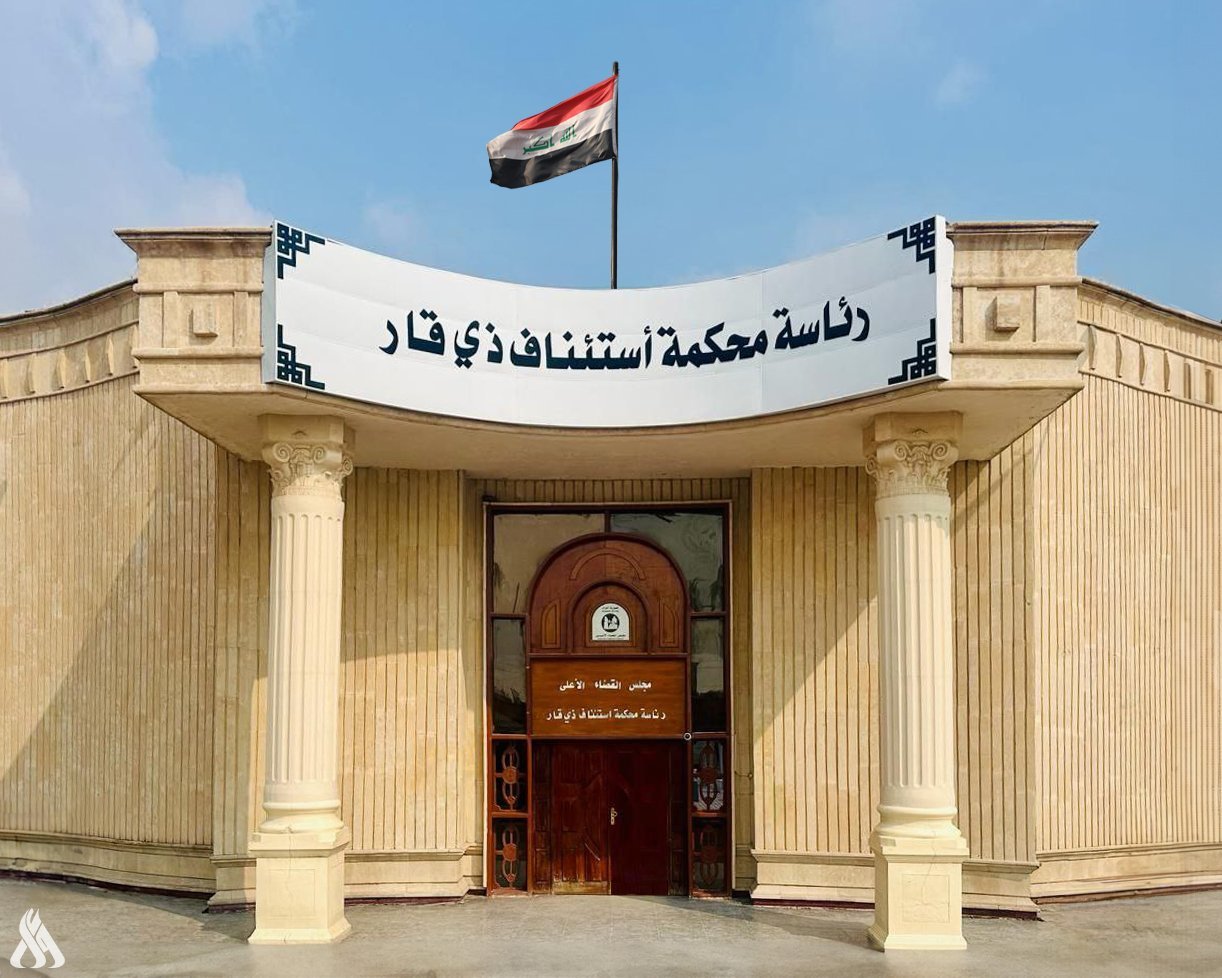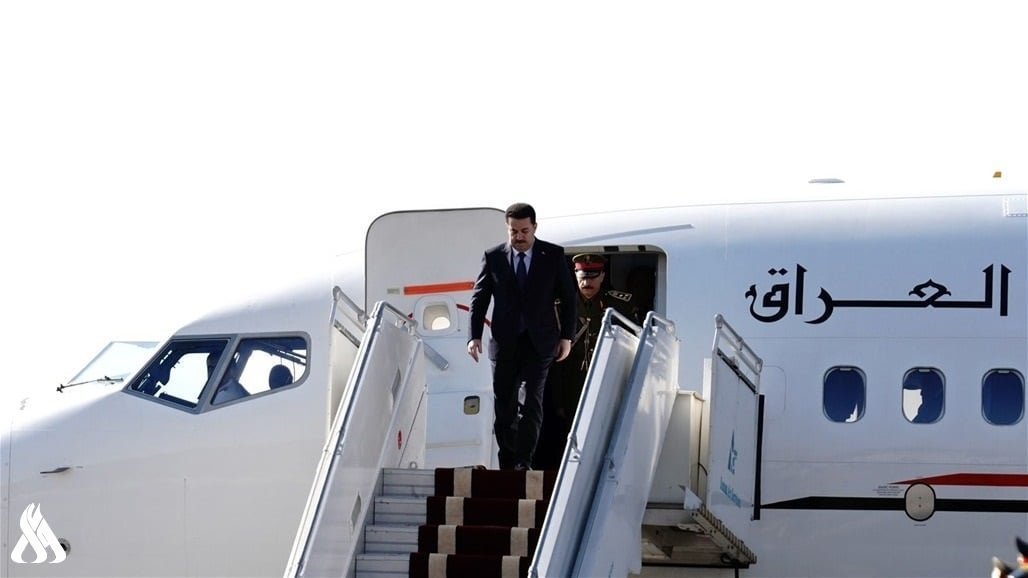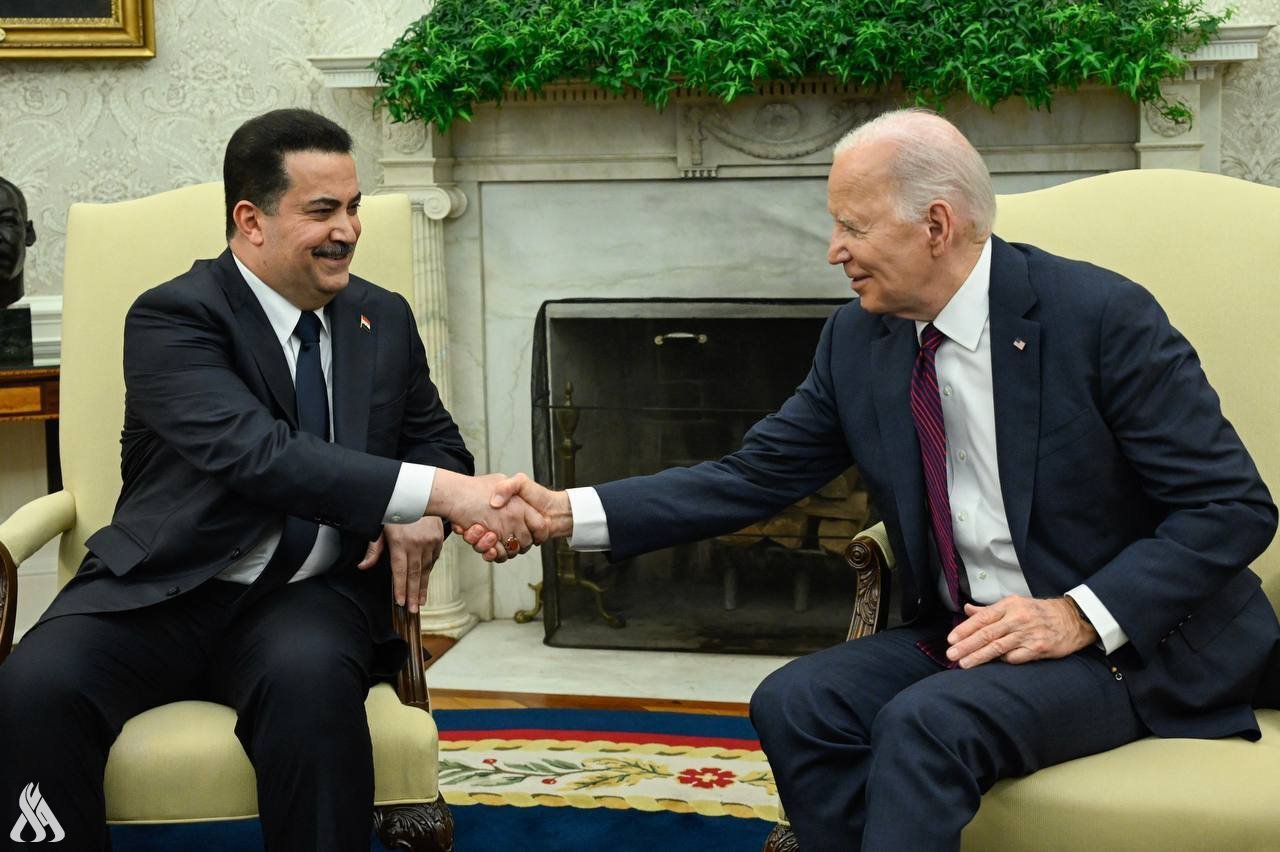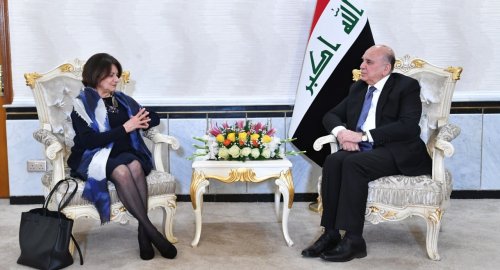
Iraq is concerned about Iran nuclear agreement stagnation, says FM Hussein

- 23-01-2023, 21:00
INA – BAGHDAD
Deputy Prime Minister and Foreign Minister Fouad Hussein confirmed on Monday, that the Iraqi government is concerned about the stagnation of the Iranian nuclear agreement.
Hussein received the Under-Secretary-General of the United Nations for Political Affairs and Peace-building, Rosemary Di Carlo, accompanied by the Special Representative of the Secretary-General of the United Nations, Jeanine Hennis-Plasschaert and the head of the United Nations Assistance Mission for Iraq - UNAMI at the headquarters of the Ministry of Foreign Affairs in Baghdad, according to a statement by MOFA, received by the Iraqi News Agency – INA.
Ambassador Omar Al-Barzanji, Ambassador Muhammad Bahr Al-Uloom, Permanent Representative of the Republic of Iraq to the United Nations in New York, and the head of the International Organizations and Conferences Agency, Abbas Kadhim Obaid attended the meeting as well.
FM Hussein expressed his "gratitude for the role played by the United Nations in Iraq via its support for the democratic process," stressing "Iraq's aspiration for more international support to counter-terrorism, and possible international assistance to respond to the necessary emergency humanitarian needs to enhance its capabilities."
“The Iraqi government is able to achieve success, despite the security challenges inside the country, which reflects a positive situation and development in the political process in Iraq," he included, stressing the importance of the international role in providing assistance and advice, “especially since Iraq still needs expertise and assistance from the United Nations, which can bring about a qualitative change."
He expressed that "the Iraqi government is keen to implement its program by preparing one that secures the needs of Iraqi society in restoring balance and counter-terrorism, in addition to taking important decisions that are in the interest of the Iraqi citizen."
"The security aspect is good at the present time, and this does not mean that there are no security challenges, except that a fundamental improvement has occurred in reality, and the importance of dealing with the current challenges with the Turkish and Iranian side in this regard is done with higher diplomacy, especially since there are many historical, cultural and social commonalities that unite us,” he said, highlighting that there is “a need to adopt the language of dialogue in finding a way out of these crises.”
Hussein noted the "concern of the Iraqi government about the stagnation of the Iranian nuclear agreement," pointing to "the need to revive this file, despite the fact that the region is witnessing less tension than before, especially between Iran and Saudi Arabia."
The two sides discussed the developments of the Russian-Ukrainian war, as the minister stressed “the possibility of the contact group emanating from the Arab League, with the participation of Iraq, in playing a positive role in resolving this crisis, and taking the initiative,” stressing “the need for the initiative to be under the United Nations in reducing Russian-Ukrainian tension.”
The Foreign Minister stressed "Iraq's keenness to participate with a high-level delegation in the water summit to be held in New York next March."
In turn, Carlo offered "congratulations to the minister and the Iraqi government on Iraq's win in the 25th Arabian Gulf Cup Championship, which was held in Basra," stressing "the importance of the tournament, which reflected solidarity and national unity in Iraqi society,” she asserted the United Nations' support for the unity of Iraq's land and people; its security, stability and safety of lands and stand with Iraq in its battle against all forms of terrorism.”
She highlighted "the commitment of the United Nations to assist Iraq in facing security challenges, especially since Iraq has a lot of capabilities to face these challenges, whether security or economic, and it is still an essential partner of the United Nations."
Carlo clarified "the importance of promoting the language of dialogue in the Gulf region and the Middle East, in light of the tension hanging over the region, in addition to the stalemate in relations between the countries of the region.”
“Dialogue would enhance security and stability. It reflects positively on relations between countries regionally,” she included.
Israel launches strike on Iran, US official says
- International
- 08:42
Al-Sudani Meets with GE Vernova CEO
- politics
- 07:43
PM arrives in Houston as part of his visit to USA
- politics
- 24/04/18
ICAA announces the reopening of Iraqi airspace
- Local
- 24/04/14
The Prime Minister arrives in Washington, DC
- politics
- 24/04/14
PM Al-Sudani meets US President Biden at the White House
- politics
- 24/04/15
